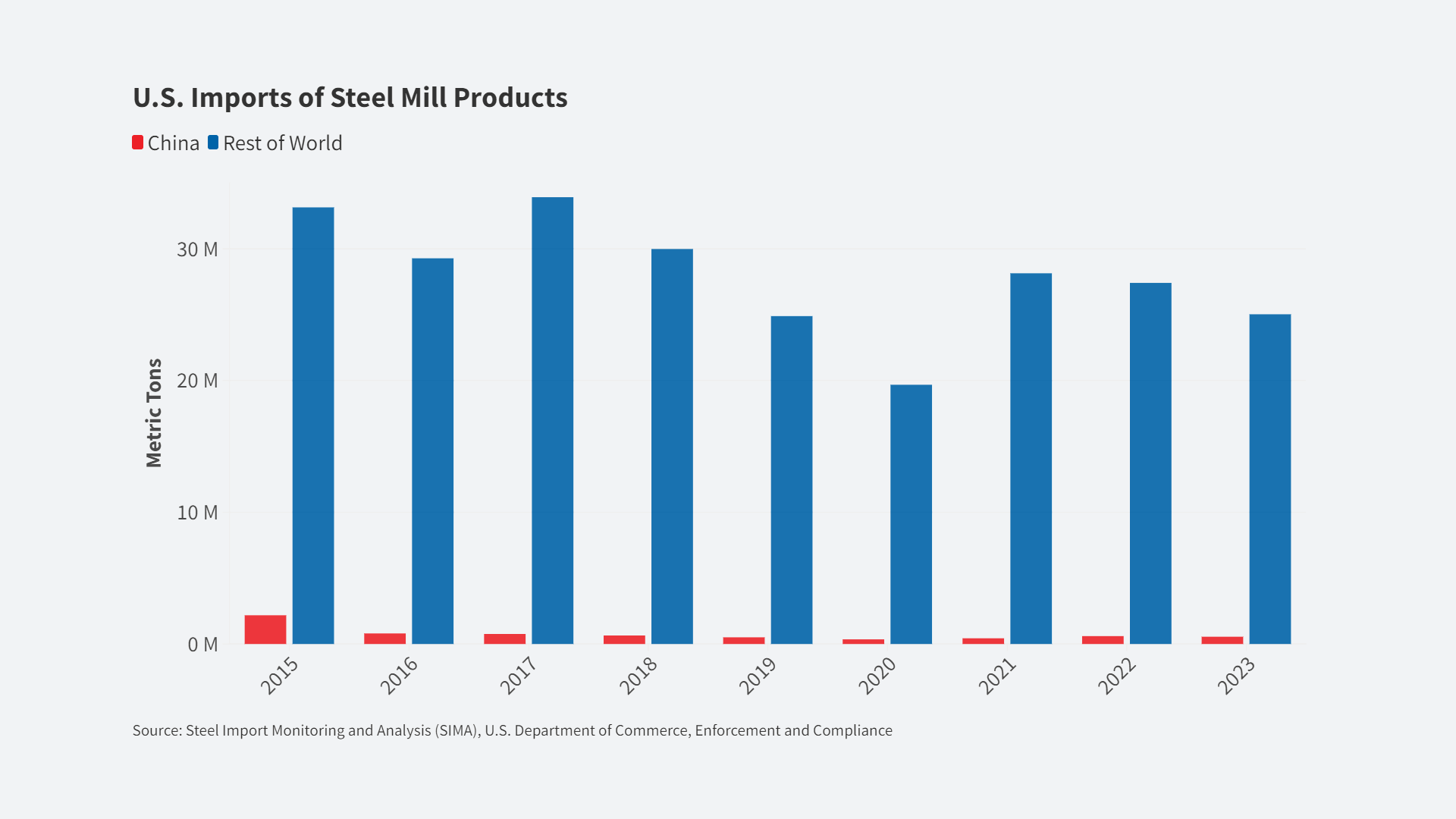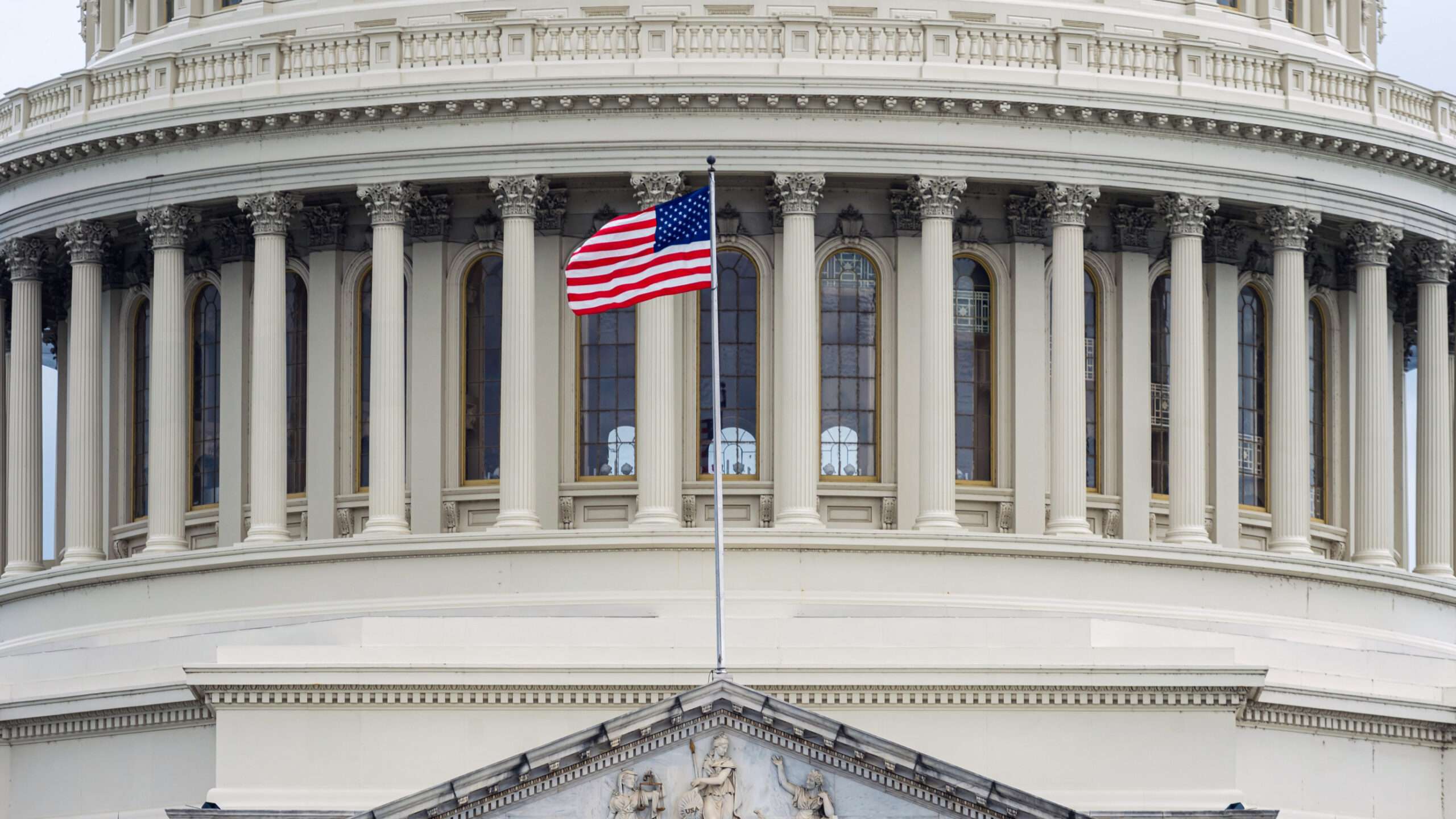No one likes higher taxes, especially small to mid-sized businesses that don’t have an LLC own them in the Caymans or Isle of Man. So when the Biden administration talked about reversing the Trump-era tax cuts, businesses were naturally turned off.
But what we have here in the Biden proposal is not something that’s going after the SMEs. It’s going after the Apples and the GMs.
See the Made in America Tax Plan here.
“We have a recognition that the biggest corporations of the world will say to Washington, ‘hey, we didn’t make any profit in the U.S. so we owe very little tax.’ But in the same year, they will take their book taxes and report to their shareholders: ‘look at us, we have had one of the most successful years ever’,” said David Morse, CPA Tax Policy Director. “There is a huge disparity between those two conversations. To deal with it the administration is calling for a ‘book tax,’ a minimum tax of 15% with firms that have $2 billion in income (not revenue) and have to at least pay 15% on what they report to shareholders as profits,” he said.
If you’re a local business making under that, you’re not affected by this book tax.
There are 180 companies that meet this threshold as we know it. And only 45 of them would pay this particular tax – aka the Minimum Book Tax, as Treasury calls it. This tax does not exist yet.

Ireland’s corporate tax rate is around 12.5%, though most multinationals that have set up shop there pay even less.
Blowback to Come
The multinationals hate this. Although they say they are open to a C-Corp rate of 28% instead of currently 21%. Of course, they are. None of the big global corporate giants pay that statutory rate.
Some accounting experts hate this plan, too, because taxing book income makes corporations more inclined to lie to their shareholders about profits, and book income rules would be reported to a non-elected board that sets a fiscal accounting standards rule. They will get lobbied to reduced how things are accounted in order to reduce that 15% minimum.
It’s not fail-safe, though CEOs and CFOs have to sign off on their taxes, suggesting they would not be so inclined to cook their books, so to speak.
CPA’s Sales Factor Apportionment proposal is similar to the Minimum Book Tax as it is using the same financial accounting to calculate taxes owed. The difference is that Biden is just slapping a 15% tax on it as opposed to the SFA model, which defines the overall tax base by the financial accounting, not the percentage rate.
The Biden administration is willing to consider Sales Factor Apportionment in another form. As part of their negotiations at the international Organization for Economic Cooperation and Development, the department of the Treasury is proposing an idea that would implement Sales Factor Apportionment (SFA) for the top 100 multinational corporations in the world.
Calculation Difficulties

Taxing foreign companies like Samsung for their sales in the U.S. would be less cumbersome under CPA’s proposed Sales Factor Apportionment tax scheme.
The other issue is how to implement the other new taxes in the American Jobs plan. Big companies get their profits from numerous countries. Those companies have to satisfy a certain amount of taxes paid overseas or they have to pay it here. How it works now is that all the tax dollars a global corporation pays is pooled into one bucket, rather than itemized out by individual countries. This means they can make sure that they have just as much payment in high-tax countries versus low-tax countries.
That particular tax is known as the GILTI tax; known officially as the Global Intangible Low Tax Income.
“Despite the best intentions of the Tax Cuts and Jobs Act, companies could work the system so they make sure you owe far less GILTI tax in the U.S., which you would owe if you were not taxed sufficiently abroad, like in Bermuda for example,” said Morse.
Biden wants the GILTI tax is to do away with the tax pool and to apply it country by country, so if you booked 50% of your profits in the Cayman Islands, you’d owe something to the IRS even if you paid a lot of French taxes.
David Morse says CPA supports changing the GILTI system to a country-by-country because, “we believe that will reduce a significant amount of the profit-shifting that gives global corporations an advantage over domestic, smaller companies.”
This tax only applies to American companies. What happens when you’re dealing with a company like Samsung? If they profit shift, how do you hold them accountable to U.S. taxes?
Trump tried to tackle foreign corporations with the BEAT Tax, which was part of the Tax Cuts and Jobs Act. But the BEAT hits domestic companies unintentionally and was not efficient at targeting foreign firms.
It raised around $1.8 billion in its first year but was forecast to raise two times that, giving Biden the ammunition he needed to sell his alternative to the BEAT tax, which he calls the SHIELD tax.
CPA supports the SHIELD plan’s intent.
“We can see how it may make some difference, but we think there is a better opportunity with the minimum book tax because GILTI and SHIELD are all very complicated taxes,” says Morse. “It would be better to simplify it using a Sales Factor Apportionment. We have the same intention to stop multinationals from stripping profits into tax havens. But SFA is better because it is more comprehensive and less likely to encourage inversion,” he says.
Which brings us to why Biden is working with other countries on this. The rest of the world has been trying to find a solution to similar problems and Global Minimum Taxes like GILTI are popular. The French and the Germans are on board. Chinese sources indicate China would prefer a weaker tax system.
If Treasury is encouraging other countries to have a GILTI-like tax, the rate being tossed around is between 15% and 21%. If they don’t go along with that idea, SHIELD would apply the GILTI tax as a backstop to determine if American subsidiaries of foreign companies will be denied deductions often associated with tax avoidance.
Still, such a multination agreement tends to be tied to long, partner negotiations on how to attribute taxes based on sales in a market jurisdiction. Time will tell if the Biden administration can keep all these complicated plans working together.













